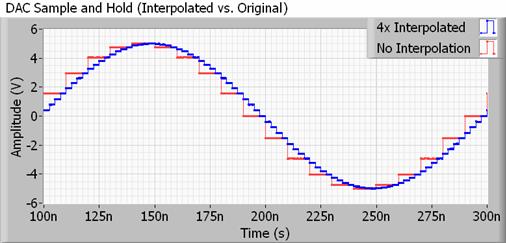ZappaMan
Headphoneus Supremus
I think wazzaps commentary is useful - this stuff is expensive - all too easy to get carried away - ‘needing’ this or that....
It really is expensive - comparatively or otherwise - it’s really expensive.
It really is expensive - comparatively or otherwise - it’s really expensive.
























